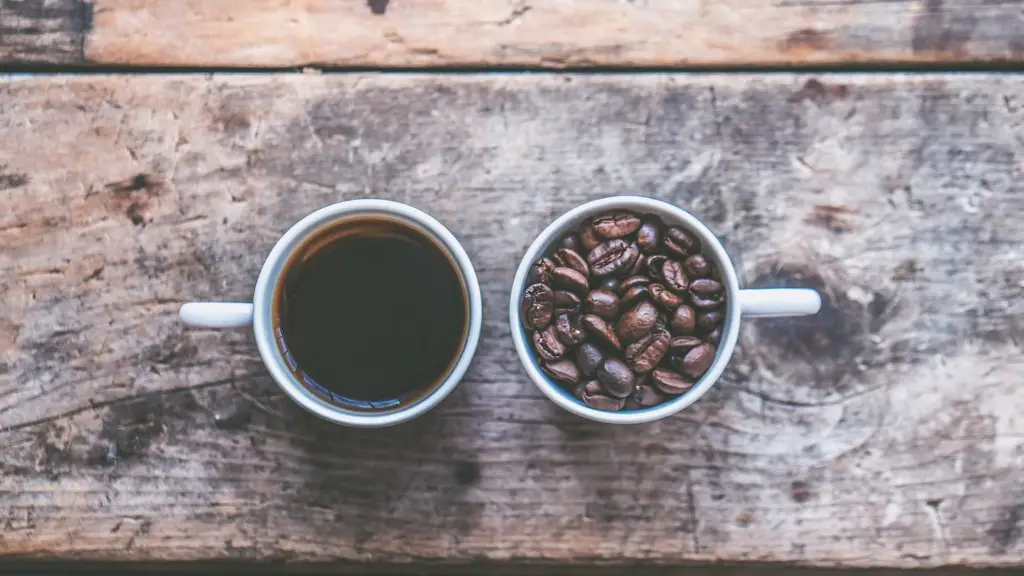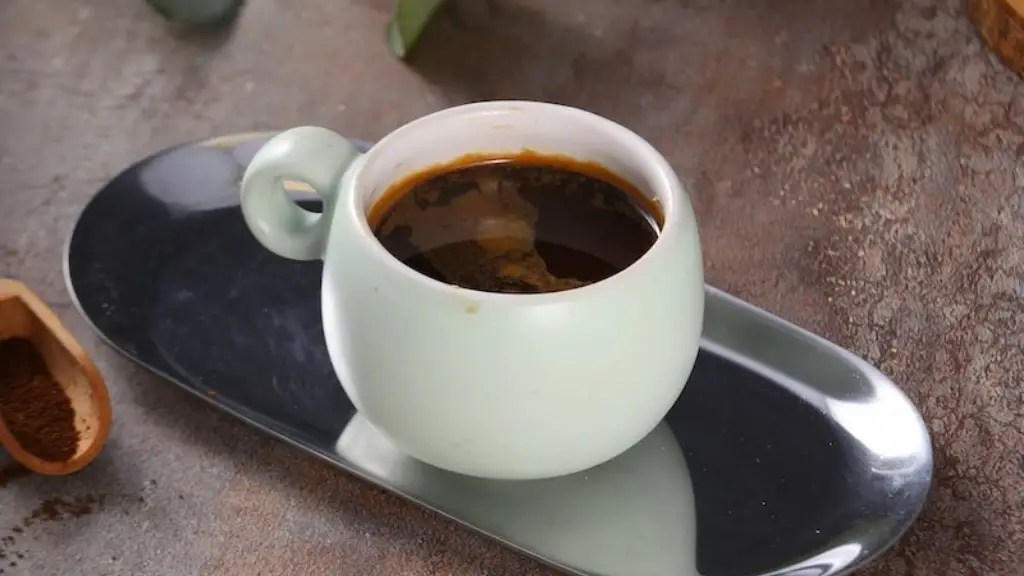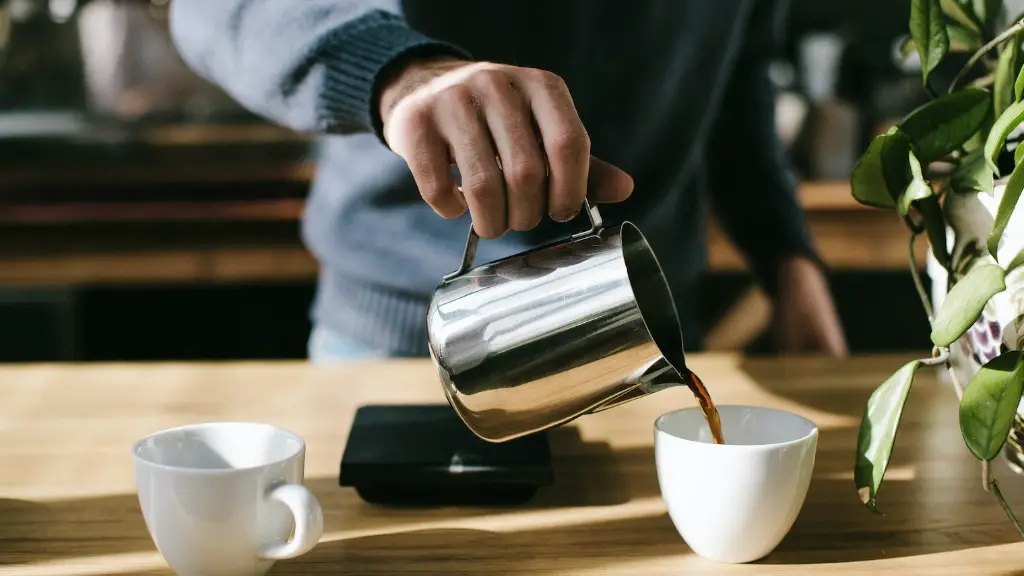Physical Reasons for Urine Odor
Whenever you have to use the restroom, your urine has its own unique scent. You may believe it has a faint odour or none at all. Other times, the smell can be downright overwhelming. Some people may be wondering why their urine has a strange odour, such as coffee, without drinking any. Numerous physical reasons can explain why this could happen.
The starting point is knowing that coffee isn’t the only food that causes your urine to potentially smell like coffee. Foods such as fava beans, mushrooms, and asparagus can also lead to your urine smelling like coffee. This can be attributed to sulphur-like compounds found in some types of food.
With regards to the physical side of things, dehydration can be a possible cause for the coffee-like odour. Without adequate fluids, your kidneys process the existing compounds, such as urea and can actually create a more concentrated base of particles, which people might mistake for coffee.
The next physical reason for your pee to smell like coffee can be related to vitamins and minerals. People who have large doses of vitamin supplements and minerals from their diet may have more intense smelling urine after they use the restroom. This would include products like B-6, which can be found in large doses in rice and cereal.
Underlying Health Conditions
Other potential culprits causing the smell could be because of underlying health conditions we may not be aware of. Proteus bacteria or bladder infection could cause an ammonia-like scent, which has a similarity to coffee. Also, diabetes or kidney disease could lead to a fruity smell to the urine. It’s worth visiting a doctor if you feel this could be a problem.
Another health-related aspect to consider would be medications. If a person is on a multitude of medications, their body might be trying to flush them out and could potentially expel them through the urine. This could be contributing to the smell.
Lifestyle Changes to Minimize Smell
In the meantime, some lifestyle changes may help minimize the odour. If you’re dehydrated, this could be a possible reason for the coffee-like smell. Without adequate water, kidneys must process existing compounds and create a more concentrated base of particles. Drinking more water would help dilute the particles, and therefore help reduce the smell.
Reducing or eliminating foods such as fava beans, mushrooms, and asparagus could also help control the odour. However, please consult with a doctor, qualified nutritionist, or dietician in this regard, as it isn’t suggested to completely omit entire nutrient groups from your diet.
The Role of Probiotics in Overall Health
Probiotics can help reduce or eliminate the coffee-like odour, which is another lifestyle change that could be beneficial. The quality of probiotics is key. An effective probiotic can replenish and maintain a healthy balance of bacteria within the gut. In return, this helps with affecting the odour when urine is released.
Certain probiotic-rich foods could also help balance the gut ecosystem, such as yogurt, kefir, kimchi, and sauerkraut. While some probiotics can be purchased over-the-counter, it’s always helpful to speak to a health practitioner regarding any supplements.
Consult with a Doctor If a Persistent Smell Occurs
If you are concerned about the smell of your urine, it’s always a good idea to speak to a doctor in order to find out what could be causing the smell. They can assess any underlying health conditions you may or may not have, and confirm if those are the possible causes or if there is an alternative explanation.
Analysis and Personal Insights
Although there are numerous causes as to why your urine may smell like coffee without drinking it, the most important aspect to remember is to stay healthy. Although lifestyle changes like drinking more water and adding probiotics to your diet should help restore balance, it’s always imperative to consult with a medical professional if you think something more serious could be going on. Remember that your own health and well-being is the most important thing.
The Impact of Stress and Anxiety
Stress and anxiety can also be possible causes of why your pee may smell like coffee without drinking it. Higher stress levels will cause other hormones like cortisol to increase in your bloodstream and make you more likely to retain fluid. This can increase the concentration in the body and, in turn, make the urine smell more intense.
Stress reduction methods, such as taking regular breaks from work, doing yoga, going for walks, and talking to a psychiatrist or therapist can be helpful for restoring balance in this regard. Additionally, addition relaxation methods, such as mindfulness, progressive muscle relaxation, and self-hypnosis, have all been effective for stress reduction.
Gut Health and Emotional Well-Being
Gut health and emotional well-being are both equally important. Eating a balanced diet, maintaining an active lifestyle and managing stress are important steps you can take to restoring balance within your body. Additionally, if worries or thoughts become overwhelming, speaking to a therapist or psychiatrist can help to uncover deeper issues and help you to learn better coping strategies.
It’s important to remember that your internal body is a holistic combination of processes and that when one element is off, it can often affect the entire system. Taking the steps to maintain your overall health and wellbeing will help keep all of these in balance and reduce any potential coffee-like odours in your urine.
Factors that Increase Hydration
Drinking plenty of water, as well as other hydrating beverages, is an important step in helping reduce the coffee-like odour in urine. Juicing fresh fruits, such as oranges and watermelons, can also increase hydration, as these fruits contain a great deal of water. Additionally, eating water-rich vegetables, such as celery and cucumbers, can be an effective way to restore hydration levels.
However, it’s important to be mindful about certain beverages, as some can increase your body’s dehydration levels. For example, caffeine, as found in coffees and teas, as well as alcoholic beverages, can all have a dehydrating effect. Consuming these beverages in moderation, or avoiding them altogether, can be beneficial.
Overall, drinking plenty of water, eating mainly fruits and vegetables, and moderating drinks such as coffee, tea and alcoholic beverages can all be beneficial for helping you to maintain an ideal level of hydration.




